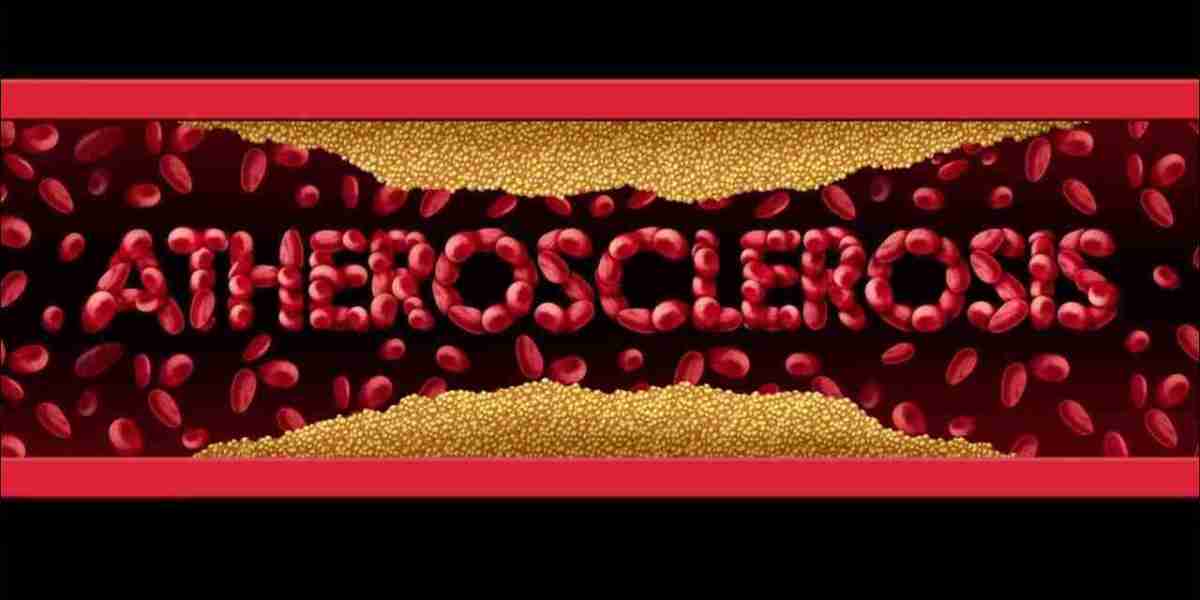The atherosclerosis drugs market is witnessing a significant shift in treatment preferences, with increasing attention being directed toward biologics over traditional synthetic drug options. Biologics, which are derived from living organisms, offer a new wave of therapeutic approaches that target the underlying causes of atherosclerosis, such as inflammation, immune responses, and endothelial dysfunction. This shift in preference is largely due to the limitations of conventional synthetic drugs and the growing recognition of biologics' potential to provide more targeted, effective, and long-lasting treatments.
Traditional atherosclerosis treatments, such as statins and other lipid-lowering agents, have long been the cornerstone of cardiovascular care. These drugs primarily focus on lowering cholesterol levels, which helps reduce the buildup of plaque in the arteries. While statins have proven effective in managing cholesterol and reducing the risk of heart attacks and strokes, they do not address other key factors contributing to atherosclerosis, such as inflammation, oxidative stress, and arterial stiffness. As a result, patients on statins may still be at risk of cardiovascular events, especially if they have residual risk factors that go unaddressed.
Biologics, on the other hand, offer a more comprehensive approach by targeting multiple pathways involved in the development and progression of atherosclerosis. For instance, monoclonal antibodies, which are a class of biologics, are designed to target specific proteins or molecules involved in the immune system and inflammatory processes. These therapies can reduce inflammation in the arteries, stabilize plaque, and prevent further damage to blood vessels, addressing issues that traditional drugs are unable to treat. One of the most prominent biologics in the atherosclerosis space is evolocumab, a monoclonal antibody that inhibits proprotein convertase subtilisin/kexin type 9 (PCSK9), an enzyme that regulates cholesterol levels. This biologic has shown promise in significantly lowering cholesterol levels and reducing the risk of cardiovascular events.
Another key factor driving the preference for biologics is the growing demand for personalized and precision medicine. Biologics offer the potential for tailored treatment plans based on a patient’s unique genetic makeup, lifestyle, and underlying health conditions. By targeting the specific molecular pathways involved in atherosclerosis, biologics provide more individualized and effective solutions, minimizing the risk of adverse effects and enhancing overall treatment outcomes. This shift toward precision medicine is particularly appealing to patients who have not responded well to traditional synthetic drugs.
Furthermore, the development of biologic treatments has been accelerated by advancements in biotechnology, which have made it possible to create more complex and sophisticated drugs that can address the root causes of atherosclerosis. The increased availability of biologics, combined with growing clinical evidence of their effectiveness, is reshaping treatment paradigms and encouraging healthcare providers to adopt these new therapies more widely.
The shift toward biologics also reflects broader trends in the pharmaceutical industry, where there is a growing preference for innovative therapies that offer more comprehensive and targeted approaches. As the atherosclerosis drugs market continues to evolve, the rise of biologics is expected to play a key role in improving patient outcomes and expanding treatment options. Although biologics are typically more expensive than traditional synthetic drugs, their ability to provide more precise and long-term benefits is driving their adoption, particularly among high-risk patients with complex or advanced forms of atherosclerosis.
In conclusion, the preference for biologics over traditional synthetic drugs in the atherosclerosis drugs market represents a significant shift toward more advanced and personalized treatments. With their ability to target multiple pathways involved in atherosclerosis, biologics are providing patients with more effective, tailored, and lasting solutions. As the market continues to evolve, the growing adoption of biologics is expected to drive further innovation and improve outcomes for individuals affected by cardiovascular diseases.




